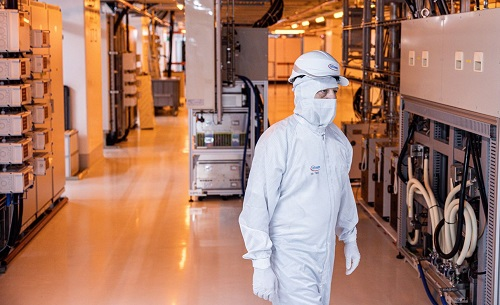
October 8, 2021 – Amid a global shortage of computer chips, medical device makers say they have found their ace card: their products save lives.
The global supply crunch for computer chips, fueled by soaring demand for electronics as the pandemic expanded home working, has disrupted car production and pushed up the prices of laptops and printers.
But medical device makers are also feeling the crunch. In a recent Deloitte survey of medical technology companies, every single respondent reported supply issues.
The most commonly cited problems were delays, cutbacks and cancellations.
Hospitals are also experiencing long order delays because of the semiconductor shortage, according to Mike Schiller, senior director for supply chains at the AHRMM. Schiller told the WSJ that said some members have reported monthslong delays for new CT scanners, defibrillators and telemetry monitors, machines that track patients’ vital signs.
For Fujifilm SonoSite, chip shortages have been exacerbated by rising demand for its products amid the spread of the Delta variant. Portable ultrasound machines are used in emergency rooms and ICUs to diagnose respiratory illnesses.
To get priority over larger buyers, medical device makers say their most effective tactic has been to raise awareness with executives at chip suppliers, the Wall Street Journal reports.
“Nobody wants to be the person who shuts down critical medical devices in the middle of Covid,” said Mike Arena, VP of operations for Fujifilm SonoSite.
Those efforts to woo suppliers seems to have paid off and prevented widespread shortages. Ed Hisscock, SVP of supply chain management at Trinity Health, which operates 90 hospitals across 22 states, said his team has been on “high alert” for shortages of thousands of items containing semiconductors for the past six months, but that none have yet materialized.
Compared with cars and consumer electronics, only a small fraction of the world’s chips end up in medical equipment, but those components are crucial to a range of vital devices like MRI machines, pacemakers and blood-sugar monitors for diabetes.
According to the WSJ, medical device makers are desirable customers for chip suppliers. They are resilient during recessions, and because their products are heavily regulated they aren’t updated as frequently as consumer electronics, meaning they generate reliable business. Medical device makers also typically pay a little more than companies in other sectors because of the quality they require.
